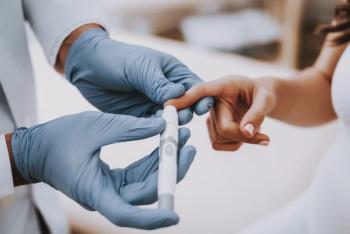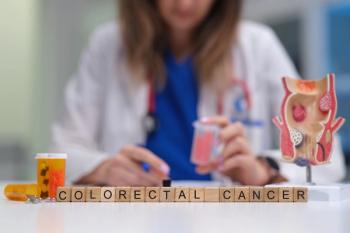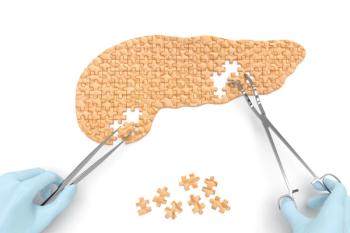
Study Highlights Importance of Preventive Cancer Screenings on Health, Economy
Investigators said the findings show how efforts to encourage more people to get recommended cancer checks are crucial.
Preventative cancer screenings have added millions of years to the lives of Americans and have saved the United States economy trillions of dollars, according to recent research published in the journal BMC Health Services Research.1
Public Health measures, including a reduction in smoking, better treatments, and preventative screenings, have led to a 32% reduction in cancer deaths over the past 3 decades in the US. The Preventive Services Task Force (USPSTF) currently recommends single-site cancer screening for colorectal, lung, breast, and cervical cancer for individuals at risk. But many cancers still go undetected and have poor outcomes.
“Screenings for breast, colorectal, cervical and lung cancer have led to millions of life years saved, but their full impact has yet to be achieved,” A. Mark Fendrick, MD, a senior author on the study, said in a release.2 “A substantial number of Americans who could benefit from early detection of these four cancers are not screened, even though the screening tests must be provided without any out-of-pocket costs for almost everyone with health insurance.”
Investigators from the University of Michigan conducted a study to assess the benefits in terms of life-years gained and associated value from major cancer screening technologies. The study used a mathematical model to determine the clinical and economic value of recommended breast, colorectal, cervical, and lung cancer screenings from 1996 to 2020.
The model used US Census data to calculate the total number of eligible individuals in the first year of each USPSTF recommendations, as well as those who became eligible in the subsequent years. The economic potential for screenings was calculated by applying the value of a life-year to the estimated full potential life-years gained.
The investigators found that the estimated life-years gained from screenings were between 15.5 to 21.3 million—assuming perfect adherence to screening recommendations. At currently reported adherence rates, preventative screenings have saved 12.2 to 16.2 million life-years since USPSTF introduced the recommendations.
Additionally, the researchers found that the benefits resulted in a value of $8.2 to $11.3 trillion at full potential, and $6.5 to $8.6 trillion with current adherence rates. That means that, with perfect adherence, an additional 3.2 to 5.1 million life-years and $1.7 to $2.7 trillion could have been saved.
The investigators said that the findings from the study highlight the importance of efforts to encourage more people to get their recommended cancer checks, as well as the necessity to develop new ways to screen for other cancers.
“This analysis shows the tremendous economic value stemming from past oncology diagnostics,” Tomas Philipson, PhD, lead author on the study, said in a release.2 “With recent innovation in artificial intelligence-based blood screening for cancers we are on the verge of realizing even larger gains going forward.”
References
1. Philipson TJ, Durie T, Cong Z, et al. The aggregate value of cancer screenings in the United States: full potential value and value considering adherence. BMC Health Serv Res 23, 829 (2023). https://doi.org/10.1186/s12913-023-09738-4
2. Cancer screenings have saved the U.S. at least $6.5 trillion, study estimates. News Release. University of Michigan. August 17, 2023. Accessed August 18, 2023. https://ihpi.umich.edu/news/cancer-screenings-have-saved-us-least-65-trillion-study-estimates
Newsletter
Pharmacy practice is always changing. Stay ahead of the curve with the Drug Topics newsletter and get the latest drug information, industry trends, and patient care tips.























